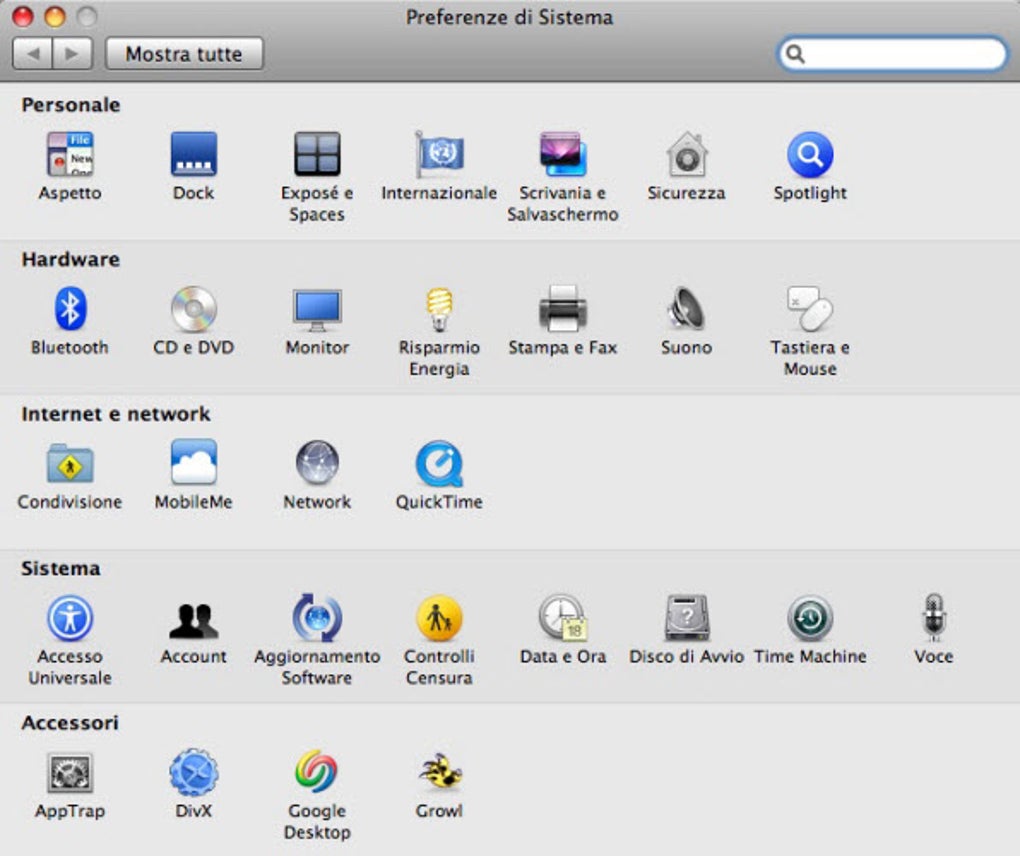

To quit an app, the common way is to right click app icon on the Dock and choose Quit option. Why I cannot delete AppTrap 1.2.3? Being prompted that “The item AppTrap 1.2.3 can’t be moved to the Trash because it’s open”? This message occurs because AppTrap 1.2.3 (or its background process) is still running. This act is irrevocable so you must do it with caution. Note that the moment you empty the Trash, the app will be permanently removed from your Mac. During the process, you may be prompted to enter an administrator’s password to make the deletion take effect. Or choose right click Trash icon, choose Empty Trash, and Empty Trash again in the pop-up dialog.īesides, you also can trash the app from the Launchpad interface. Step 5: Choose Finder > Empty Trash from the Menu bar.

Mac apptrap mac os x#
Most Mac apps are self-contained, and the trash-to-delete option works on all versions of Mac OS X and later. Question 1: How can I uninstall AppTrap 1.2.3 from my Mac?

So, when you decide to uninstall AppTrap 1.2.3 on Mac, you will need to tackle the following two questions. The trash-to-delete method may leave some junk files behind, resulting in incomplete uninstall. That means, if you simply trash the app and think the removal is done, you’re wrong. Additionally, some apps may create supporting files, caches, login files scattering around the system directory. General knowledge: Once installed, an app is typically stored in the /Applications directory, and the user preferences for how the app is configured are stored in ~/Library/Preferences directory.
Mac apptrap how to#
If you have no clue how to do it right, or have difficulty in getting rid of AppTrap 1.2.3, the removal solutions provided in the post could be helpful. This page is about how to properly and thoroughly uninstall AppTrap 1.2.3 from Mac. Removing applications on Mac is pretty straightforward for experienced users yet may be unfamiliar to newbies.
Mac apptrap for mac#
Perfect Solutions to Uninstall AppTrap 1.2.3 for Mac


 0 kommentar(er)
0 kommentar(er)
